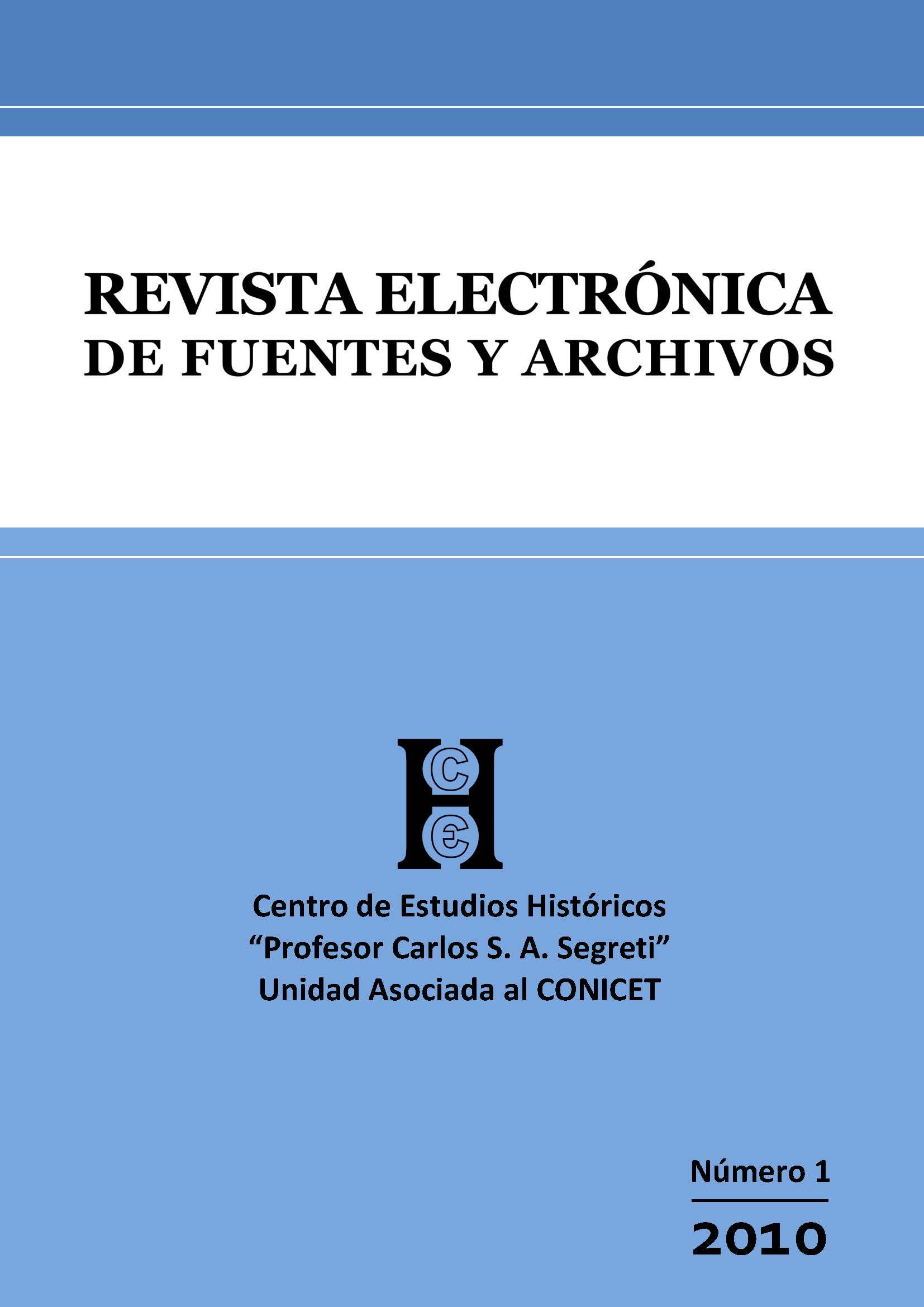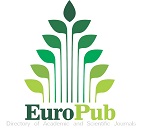Scopes, meanings and research practices in the National Jesuit Museum of Jesús María: the Collection of Ancient Documents
Keywords:
Jesus Maria National Jesuit Museum, historical documents, investigation, conservationAbstract
The investigation in the museum assumes different meanings turning out to be tied to the acquisition and recovery of the collections, the documentation, the conservation, the design of exhibitions, the publications, the pedagogy - didactics, the public's studies, the theory of the communication and the cultural tourism. They are precisely the basic sciences as the history, the cultural anthropology, sociology, archaeology, between others, constitute a set of disciplines that provide the knowledge, methods, concepts, approaches, which make possible the development of the investigation in the museum. The scopes and meanings assumed by the Project of Investigation in Jesus Maria National Jesuit Museum have allowed to take forward actions tied to the interpretation, conservation and documentation of the patrimonial goods that are guarded, putting special attention to the case of the Collection of Ancient Documents. It is a question of a set of historical texts belonging to the centuries XVI - the XIXth realized on paper with ferrous inks and with procedural writing, “bastardilla” or italic. The diagnosis as for the type of writing and the difficulties derived for his reading and interpretation, the condition of the support, the harmful effects of the used inks and the external conditions of conservation, led to effecting in the period 2005-2007 a Project of Investigation to guarantee his preservation.
Downloads
References
CRUZ FLORES Sandra, “La educación social para la conservación en el proceso de construcción de la corresponsabilidad sobre el patrimonio cultural”, El Correo del Restaurador, núm. 6, disponible en: http://www.conservacionyrestauracion.inah.gob.mx/html/correo_restaurador/html/CORE06.html.
DOMINGUEZ Inés María Belén, “Cooperación interinstitucional para la conservación del soporte papel: Voluntariado en el Museo Jesuítico Nacional de Jesús María”, Se acabó el papel! Aportes para la preservación y la conservación preventiva del patrimonio cultural en papel , Córdoba, Centro Regional de Preservación y Conservación del Patrimonio Cultural en Obras sobre Papel, 2010.
DOMINGUEZ Inés María Belén y Wilde Sebastián VECCHIO, “La Colección de Documentos Antiguos del Museo Jesuítico Nacional de Jesús María: investigación y conservación”, Jornadas Jesuíticas. Hoy como ayer. Evangelización y Promoción Humana, Facultad de Educación e Instituto de Historia y Preservación del Patrimonio “Marina Waisman” de la Facultad de Arquitectura, Universidad Católica de Córdoba, 2008.
GARLIC Karen, “Actualizaciones en la Preservación de Archivos. Mantenimiento de
las Colecciones: un vistazo”, Book and Paper Annual, American Institute for Conservation of Historic and Artistic Works, vol. 11, 1992.
GONZALEZ VARAS Ignacio, Conservación de bienes culturales. Teoría, historia, principios y normas, Madrid, Cátedra, 2005.
GOREN Silvio, Auxilios previos para colecciones artísticas e históricas, Cuaderno Técnico, núms. 1-2, 2009.
LORD Barry y Gail Dexter LORD, Manual de Gestión de Museos, Barcelona, Ariel, 2008.
Revista de Conservación del Papel de la Biblioteca del Congreso de la Nación, Buenos Aires, núm. 3, 2001.
ROBLEDANO ARDILLO Jesús, Arturo Martín VEGA y José Antonio MOREIRO GONZALEZ, Aproximación metodológica a la digitalización de documentos textuales históricos y su aplicación al diseño de un sistema de información hipermedial sobre el teatro español de los Siglos de Oro, disponible en: http://e-archivo.uc3m.es/bitstream/10016/1164/6/aproximacion_metodologica.pdf.
Downloads
Published
Issue
Section
License
Copyright (c) 2010 Inés María Belén Domínguez

This work is licensed under a Creative Commons Attribution-NonCommercial-ShareAlike 4.0 International License.
Se puede compartir (copiar y redistribuir el material en cualquier medio o formato) y adaptar (remezclar, transformar y construir a partir del material), siempre que: a) se cite la autoría y la fuente original de su publicación (revista, editorial y URL de la obra); b) no se use con fines comerciales; c) la distribución de las obras derivadas se haga con una licencia igual a la que regula la obra original.




















